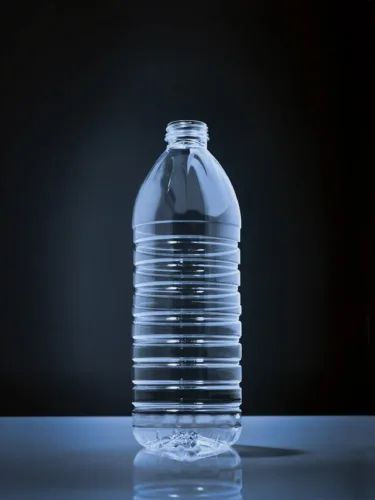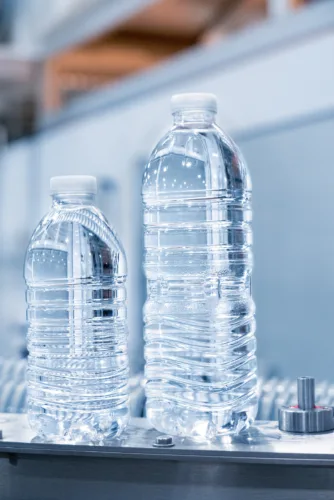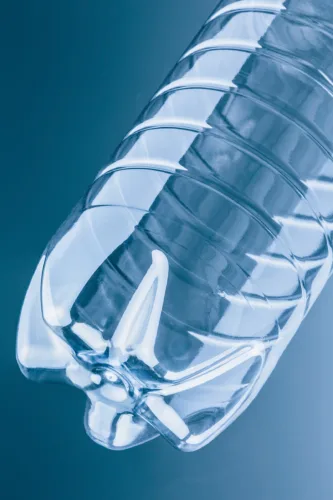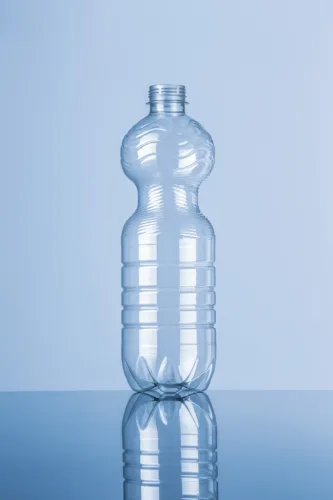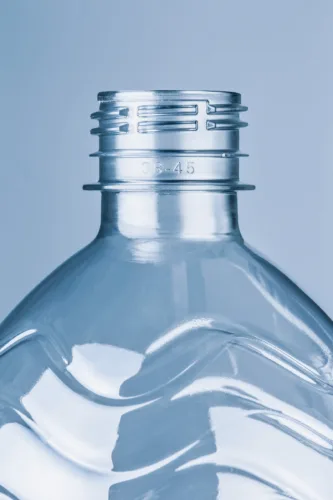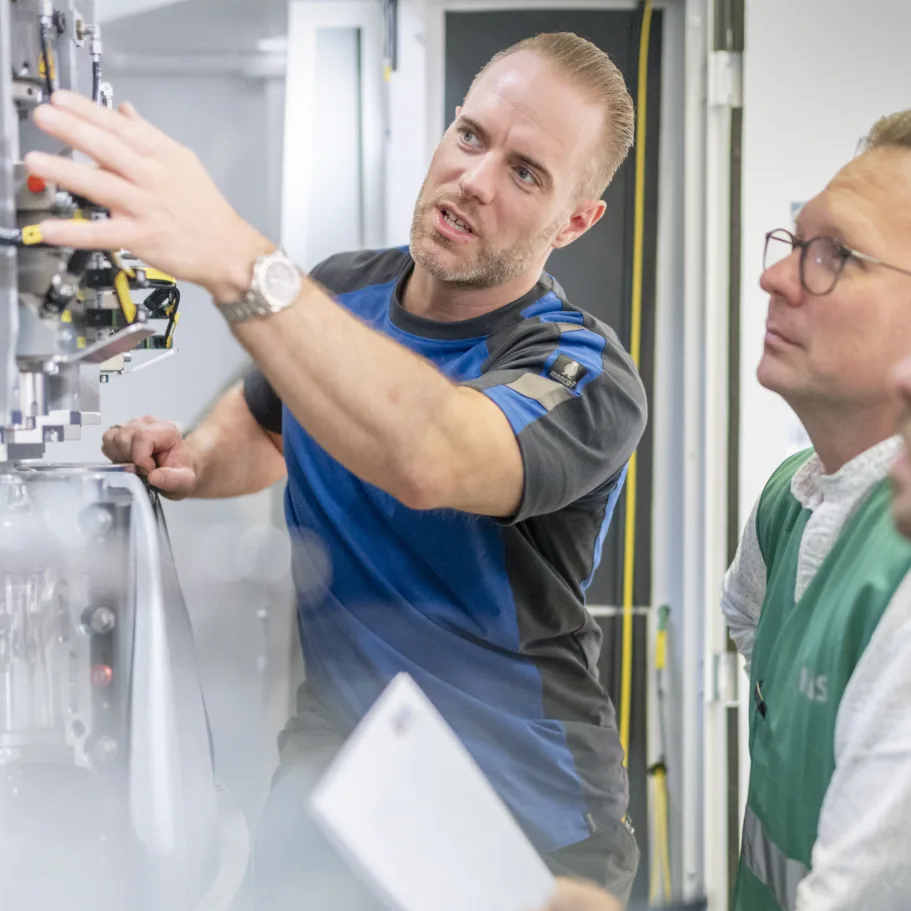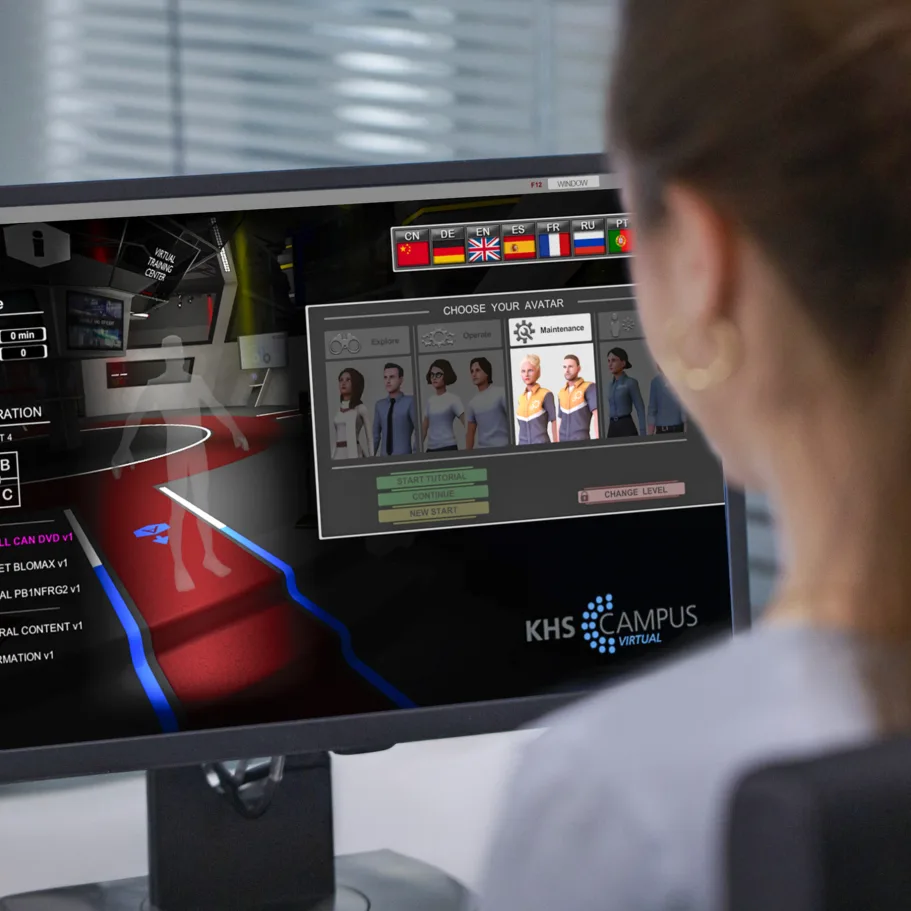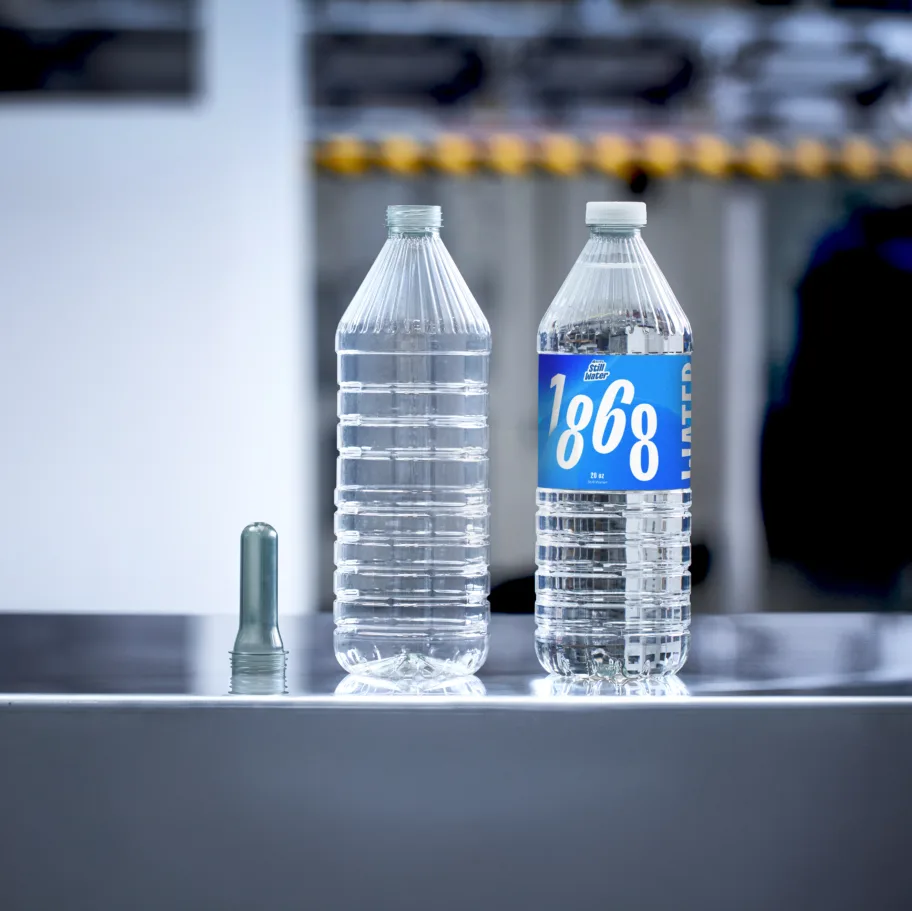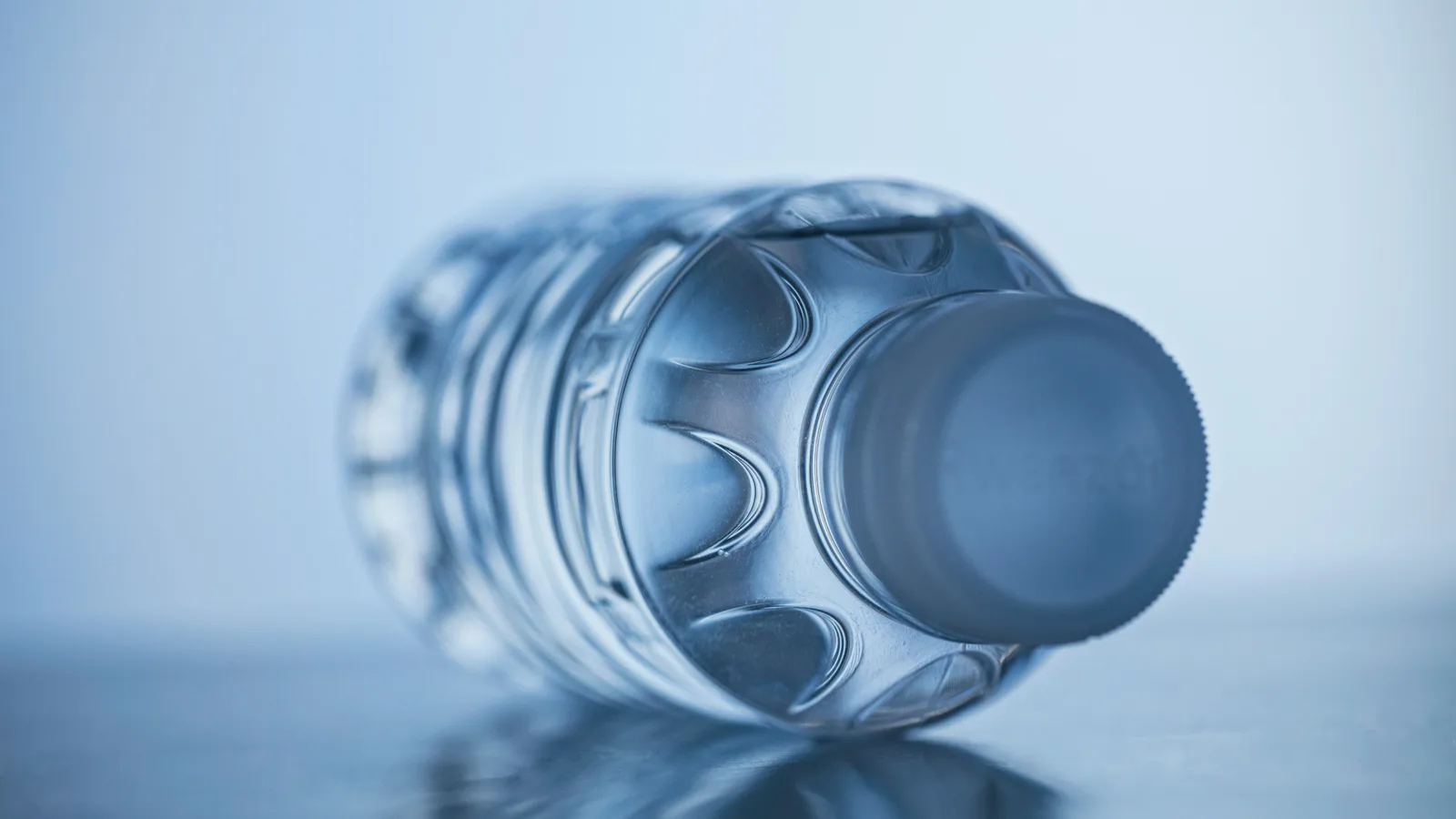
In good shape
When we talk about the design of beverage packaging, many people immediately think of its transport and marketing properties. The approach adopted by the KHS Bottles & Shapes™ service program goes much further: it also centers on issues of production and – first and foremost – sustainability.
About 15 years ago KHS Corpoplast in Hamburg effectuated a change in strategy from engineering company to full service provider for PET expertise and packaging systems when it launched its Bottles & Shapes™ program. At the time customers could be presented with a physical version of their new bottles with the help of a 3D printer. A lot of water has since flowed under Hamburg’s bridges – and into the PET bottle – yet its range of services is enjoying increasing popularity and steadily expanding to embrace new tasks.
Requirement and reality
Deliberations on new bottles usually start with customers outlining their requirements: the look and feel of the bottle must suit the target group and the brand message must be conveyed as vividly as possible; the container must fit comfortably in the hand, be as light as possible and satisfy customer demands regarding sustainability; it should also be able to be processed cost effectively on both existing and new lines. Based on these often rather vague specifications the experts at Bottles & Shapes™ then trigger a holistic consultancy process which accompanies beverage producers from the clarification of their ideas to the development and production of the optimum container.
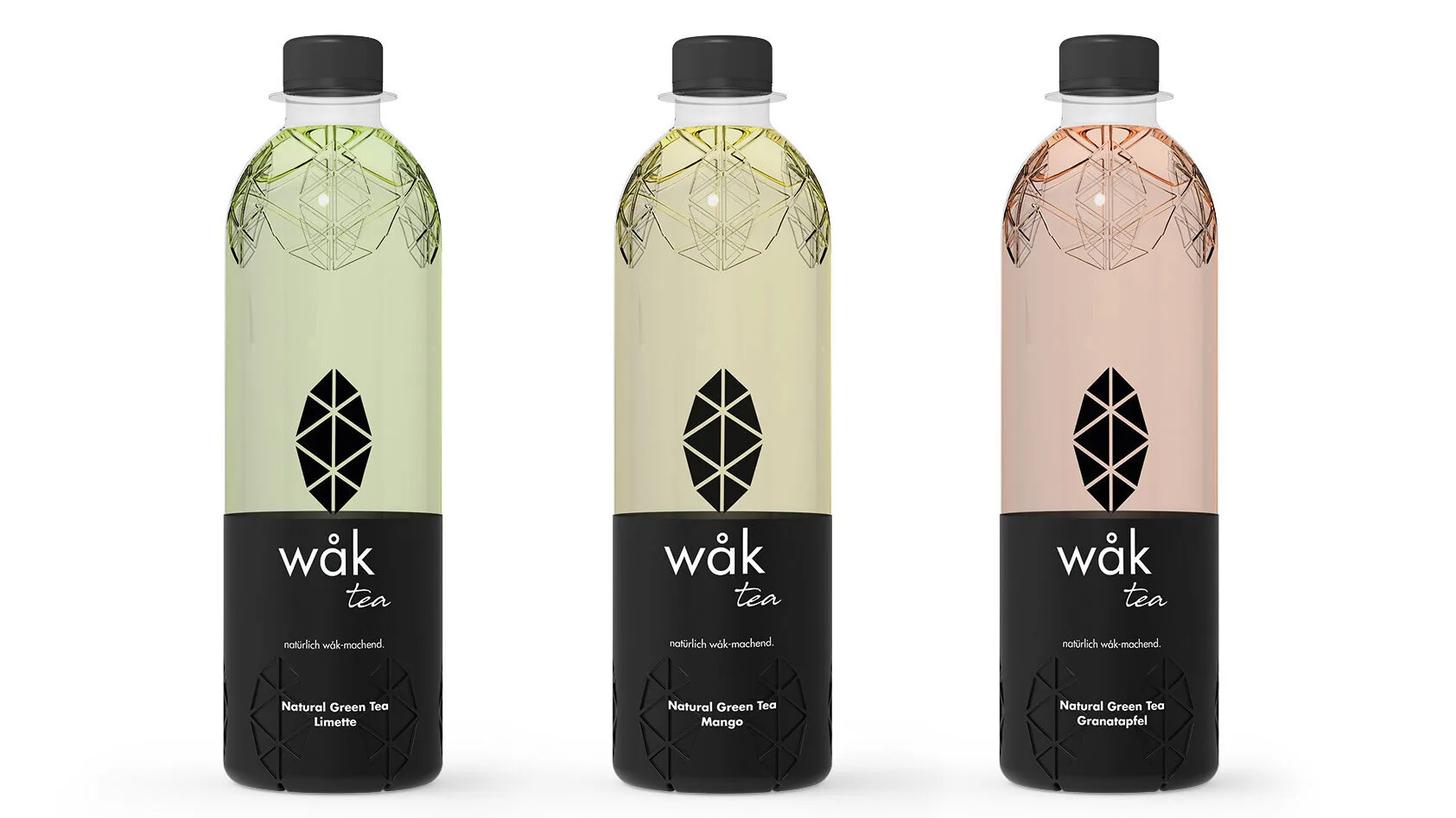
Together with the Münster School of Design KHS awards a prize for innovative bottle design. The task set by this year’s student competition was to devise ideas for aseptic bottles.
Where possible, the aim is to balance all aspects of product quality on the one side with cost efficiency on the other. The spotlight is not only on the required aesthetics of the container and on psychological and brand-specific considerations but also on all questions surrounding technical functionality and economy. Can the bottle be produced without any flaws or problems? How light and stable is it? How can costs for packaging and the manufacture thereof be cut? And how must the bottle design be adapted to meet recycling requirements?
»We configure systems which are precisely tailored to suit our customers quickly and cost effectively.«
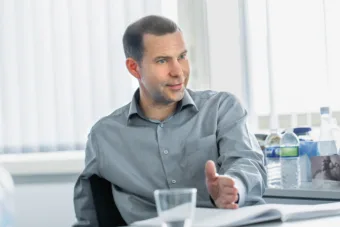
Product manager for Bottles & Shapes™ at KHS Corpoplast
360 degrees - Bottles & Shapes™ now also for cans and glass
KHS now also provides a holistic consultancy and container design and optimization service for glass bottles and cans. The expertise of the specialists in Hamburg is thus accessible to more bottlers who wish to combine top product and packaging quality with an optimum use of raw materials and high energy efficiency – plus the shortest possible time to market. “We advise and support our customers from their initial idea to the market-ready bottle over the course of just eight weeks,” says Armin Wille, head of Service Sales at KHS. “This ensures planning security and a trouble-free process when synchronizing the new product with the line.” In addition to the success promised by an attractive design, as with PET the main objective is to save on materials and energy by reducing the weight of the glass bottles or cans, for instance.
Forty years of experience
“With the PET expertise we’ve gleaned in over 40 years we make sure that the right container is produced based on our customers’ initial ideas,” says Arne Wiese, product manager for Bottles & Shapes™ at KHS Corpoplast. “This doesn’t just concern the design: with our line expertise we can configure systems which are precisely tailored to the requirements of the specific beverage producer quickly and cost effectively.” One important aspect of the Bottles & Shapes™ program is lightweighting. A beverage container which consists of less plastic not only produces less waste and is therefore ecologically more sustainable; it also generates fewer costs and thus provides economy in the long term. This requires much detailed consideration to ensure that the stability and top load of the bottles do not suffer when the weight is reduced. Innovative production techniques are also called for, such as when the material in the bottle neck which is not usually stretched is now to be included in the stretch blow molding process.
The amount of success reaped by Bottles & Shapes™ is very pleasing. “We’ve been able reduce the weight of a 0.5-liter bottle with a screw cap for highly carbonated beverages from 12.5 to 9.9 grams,” is one example named by Wiese. “At a production of 270 million bottles a year, this saves around €770,000.” By ‘saving’ Wiese means what’s known as ecoprofit, a combination of ecological and economic benefits which adds up to about €1.10 per kilogram of PET. One very current, possibly record-breaking success in lightweighting is the Factor 100 development project. Here, KHS has produced a 0.5-liter bottle for still water which at just five grams weighs only one hundredth of its total volume – an incredible lightweight with the greatest possible stability.
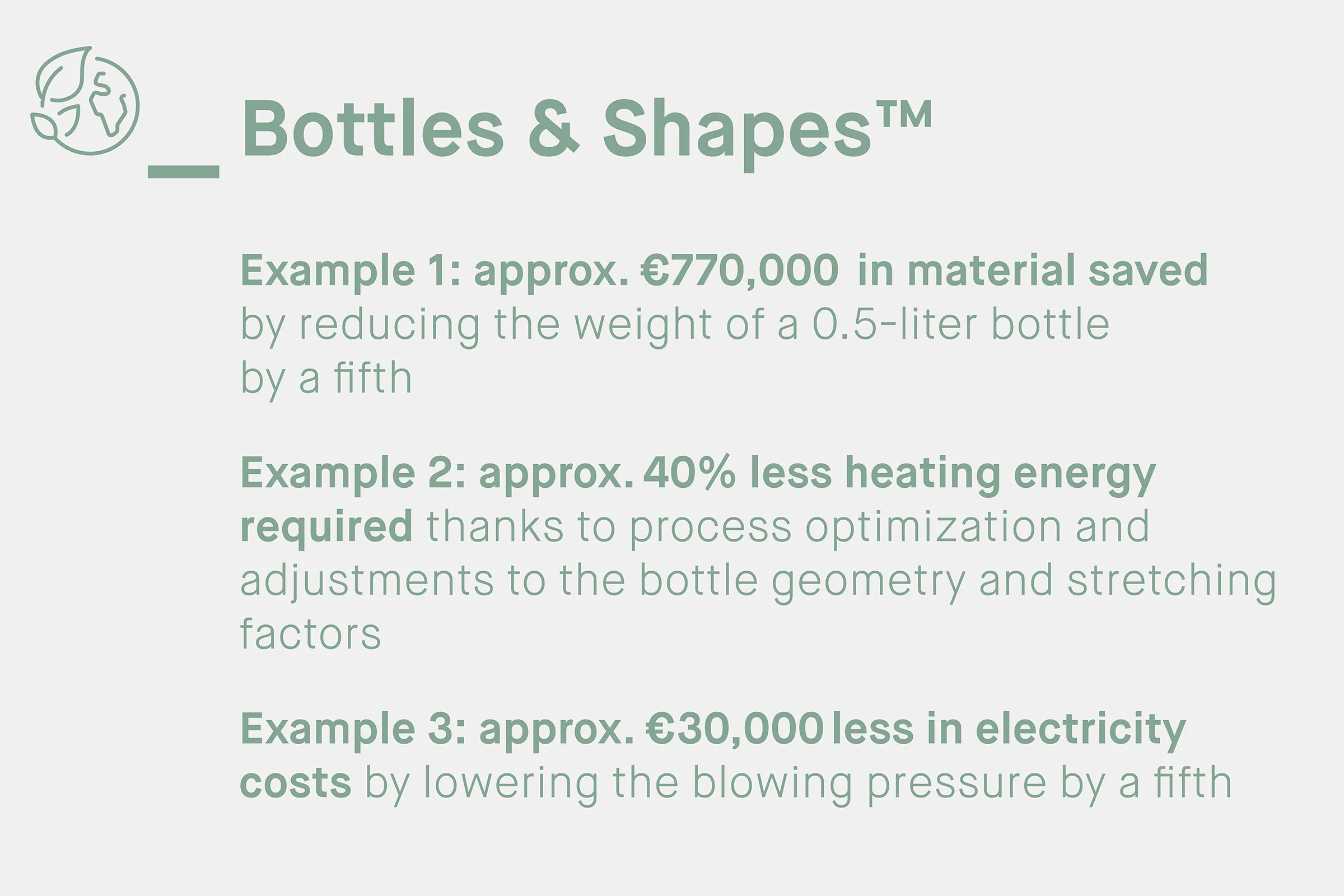
Stability is not only a major criterion when it comes to lightweighting but also in the use of recycled PET which – depending on the sorting system – is available on the market in varying grades of quality. Together with the customer Bottles & Shapes™ ascertains how much recycled plastic existing bottle shapes can take and/or what must be changed to increase this percentage and yet still adhere to the specifications. Here, KHS Corpoplast develops solutions which comprise up to 100% recyclate and can therefore reduce the carbon footprint by up to two thirds compared to the usual market rate of 35% of recycled PET.
»We advise and support our customers from their initial idea to the market - ready bottle over the course of just eight weeks.«
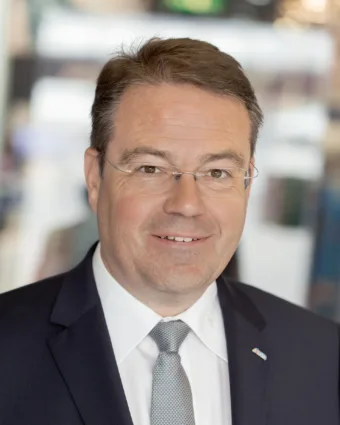
Head of Service Sales, KHS
Our short video gives you an insight into all aspects of the expert consultancy offered by the Bottles & Shapes™ program.
Considerable energy savings
As saving on material is only one side of the coin, Bottles & Shapes™ attaches equal importance to energy efficiency – in close consultation with the team which is responsible for engineering KHS stretch blow molders in Hamburg (see the article entitled Even better in every respect.)Thanks to the work of Arne Wiese and his colleagues a considerable amount of energy can now be saved both in the preform heating process and during the actual stretch blow molding process. To this end adaptations had to be made to the process, bottle geometry and stretching factors and the distribution of material improved. “We’ve managed to save up to 40% in heating energy – at 200 million 1.5-liter bottles this amounts to about €48,000 per annum,” Wiese reports proudly. “And we’ve reduced the blowing pressure from 25 to 20 bar. This results in cost cuts of approximately €30,000 a year*.” This provides proof on several counts that good bottle design is much more than simply the lure of attractive containers on the supermarket shelf.
*Based on 25 kWh/kg of PET, 0.19 kWh/m³ and an electricity rate of €0.10/kWh
